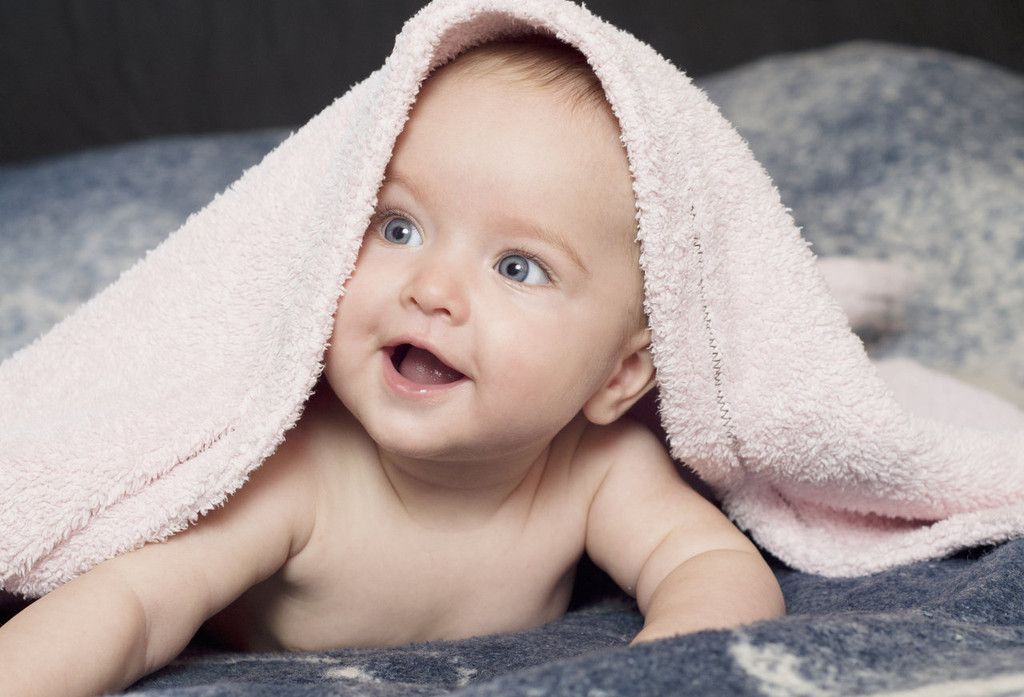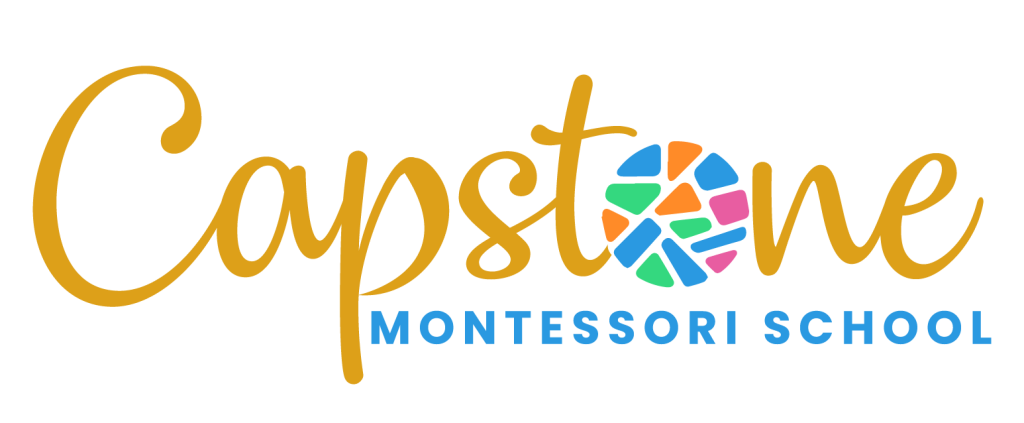
Choosing childcare is one of the biggest decisions you make as a parent. Every parent wants their baby to feel happy, safe, and well cared for. A structured infant program offers more than just supervision, it provides nurturing care, daily routines, and developmentally appropriate activities that help babies grow and thrive.
But how can you tell if your baby is truly thriving in the program? In this guide, we share 10 clear signs your baby is happy and developing well in a structured infant environment. Whether you are already enrolled or considering infant care, this guide will help you understand what positive infant care should look like.
1. Your Baby Smiles and Looks Happy at Drop-Off
One of the strongest signs your baby is thriving is how they react when you arrive at the infant program. A happy baby often smiles, kicks their feet, or shows excitement when they see their caregiver. This shows they feel safe, loved, and excited about their day.
Even very young infants respond positively to people they trust. When you see your baby smile or seem content during drop-off, it means they are forming healthy bonds with caregivers, a key sign of thriving.
2. Your Baby Has a Calm, Predictable Routine
Babies thrive on routine. A good structured program follows a predictable schedule, including time for naps, feedings, play, and outdoor activities. Babies feel more secure when they know what to expect during the day.
At home, you may notice your baby’s sleep and eating routines becoming smoother too. Consistent routines help your baby adjust quickly, leading to a more settled and relaxed temperament.
3. Your Baby Shows Growth in Physical Milestones
A thriving baby will naturally show physical progress. You may see them roll over, sit, crawl, or even take first steps during their time in the program. Structured infant care includes activities that encourage movement, tummy time, and fine motor practice.
Pay attention to improvements in:
- Head control
- Reaching and grabbing
- Sitting and crawling
- Early walking skills
This steady development shows your baby is being stimulated and supported properly.
4. Your Baby Is Engaged During Play
Babies are natural explorers. In a nurturing environment, your baby will stay engaged during tummy time, sensory play, and guided activities. Look for signs your baby:
- Watches toys attentively
- Reacts to sounds and music
- Reaches for objects
- Smiles during play
Active engagement means your baby feels secure enough to explore and is stimulated in healthy ways.
5. Your Baby Develops Early Communication Skills
Even before talking, babies communicate through smiles, coos, babbling, and body language. A structured infant program focuses on daily interactions through songs, reading, and talking, which support early language development.
You may notice your baby babbling more, mimicking sounds, or responding to their name sooner than expected. This growing communication shows your baby is receiving rich language experiences daily.
6. Your Baby Feels Comforted by Caregivers
Secure attachment is crucial in the first year of life. When your baby thrives, you’ll notice they relax and settle quickly when being held or soothed by caregivers. They feel comfortable in their surroundings and do not appear anxious during transitions.
A good infant program ensures caregivers respond warmly to your baby’s needs, fostering trust and emotional security.
7. Your Baby Eats and Sleeps Well
Thriving babies have healthy appetites and good sleep habits. If your baby comes home well-fed and rested, it’s a sign the program respects their natural rhythms. High-quality infant care tracks feeding and sleep times and tailors care based on your baby’s individual needs.
Babies who eat and sleep well are happier, calmer, and healthier overall.
8. Your Baby Shows Interest in Other People
From around six months old, babies start to show social awareness. You might see your baby smile at other children, follow people with their eyes, or laugh when others interact with them. This is a sign of healthy social development.
Group environments offer babies gentle exposure to peers, helping them learn early social cues like smiling, sharing, and expressing themselves.
9. Your Baby Is Calm and Relaxed at Pick-Up
At the end of the day, a thriving baby will generally be calm and happy. They might greet you with a smile or calmly continue playing when you arrive. This means their emotional needs are being met, and they are comfortable in their environment.
Of course, some babies might cry during pick-up from excitement or transition, but if they appear peaceful most of the time, it’s a great sign.
10. You Feel Positive About the Care Your Baby Receives
A thriving baby often reflects thriving care. Trust your instincts. If you feel comfortable communicating with caregivers, receive regular updates, and see your baby’s happiness, these are strong indicators the program is benefiting your child.
A good infant program should leave you feeling confident, supported, and happy with your choice.
Conclusion
The first year of life is an important time for emotional, physical, and social development. A structured infant program can be a wonderful tool in supporting your baby’s growth. When your baby shows joy at drop-off, reaches developmental milestones, sleeps and eats well, and builds healthy connections, you can be sure they are thriving.
Choosing the right program creates a strong, happy start for your child, making life easier for both of you and building skills for future success.






